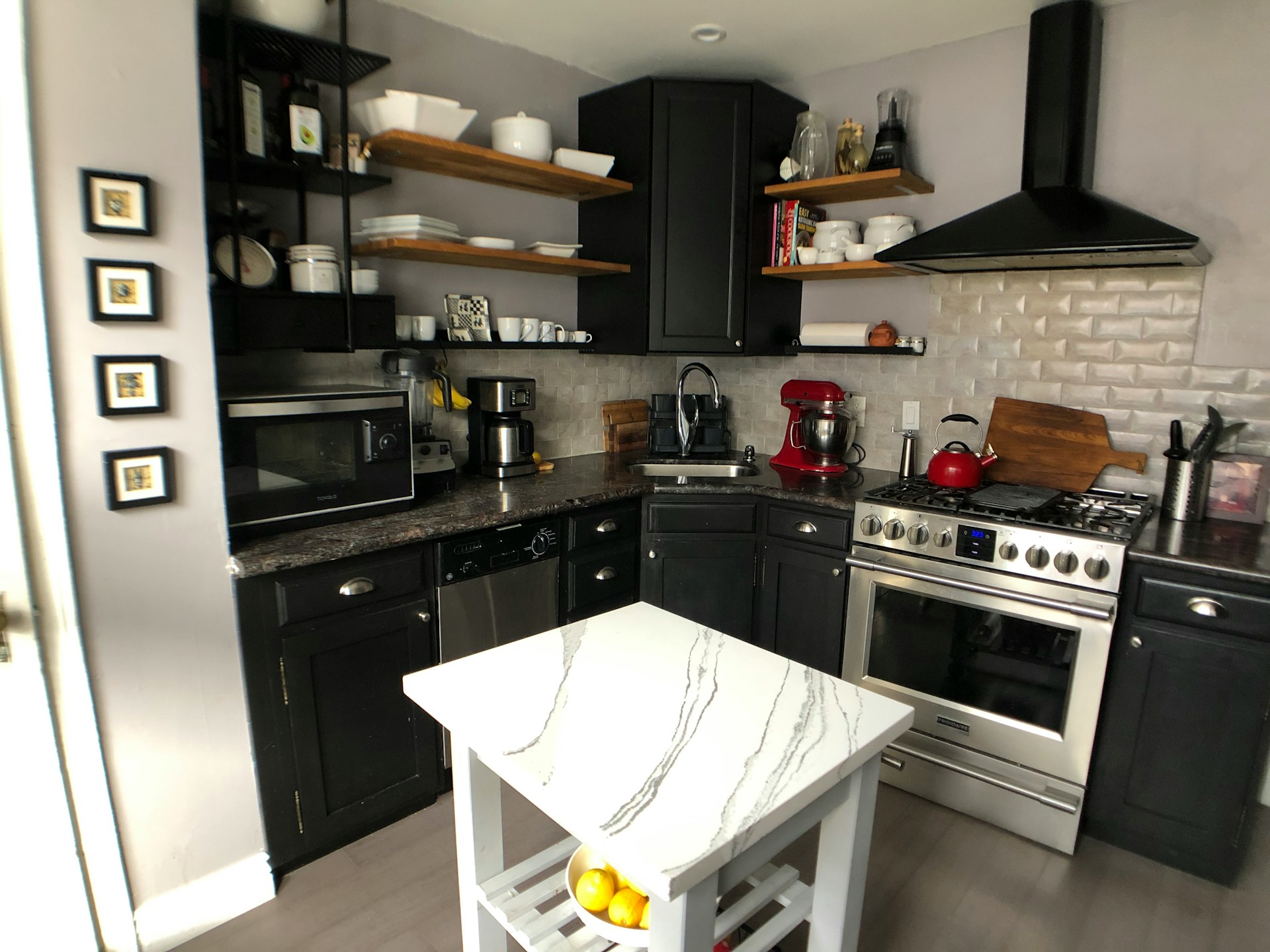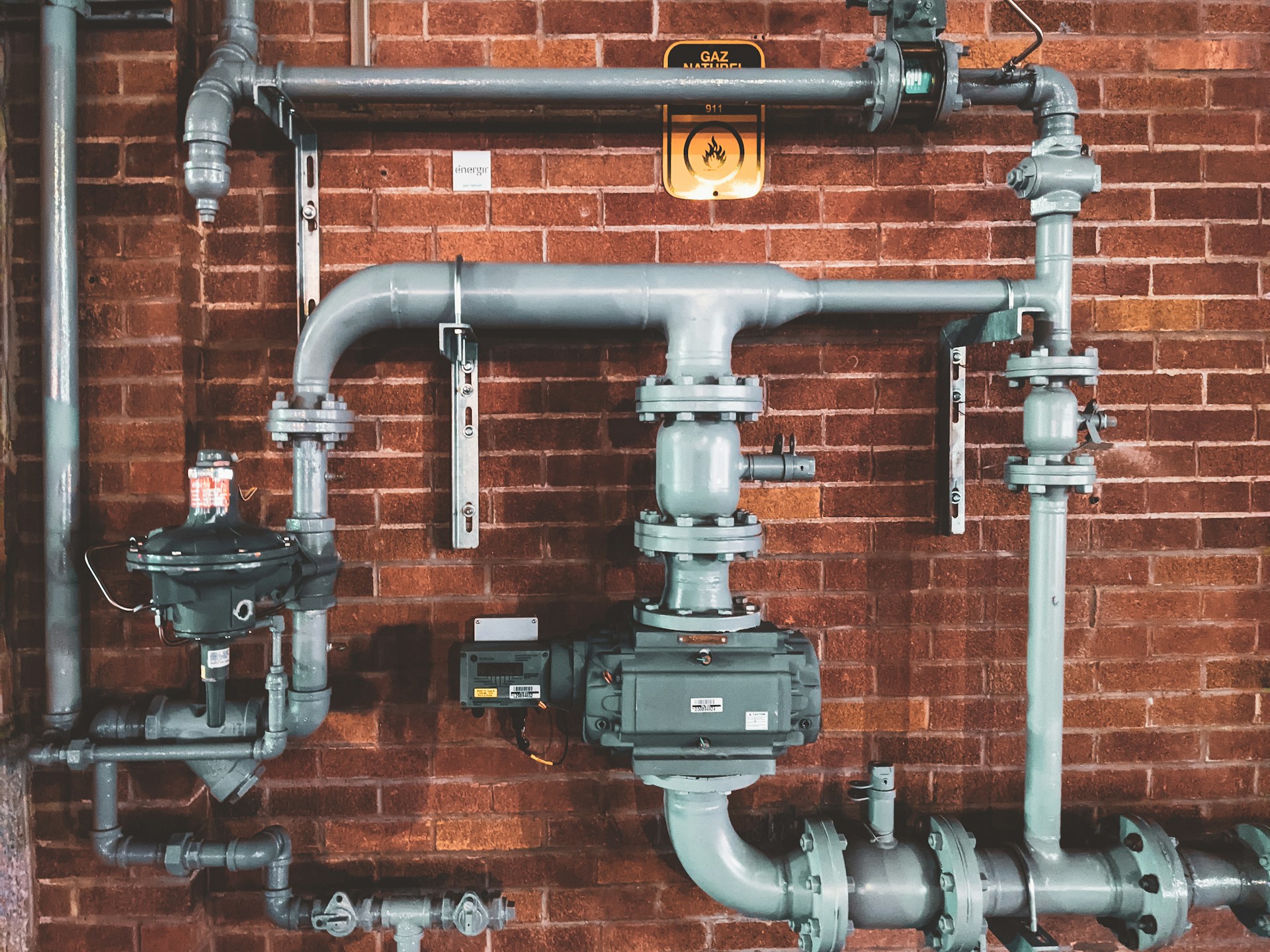
When your trusted appliance breaks down, you’re left with a decision—repair it or replace it. It’s a scenario we’ve all faced, and the answer isn’t always obvious.
Whether it’s your gas stove struggling to ignite or a refrigerator that no longer cools, this blog will guide you through the decision-making process, weighing key factors to ensure you make an informed choice.
Below, we’ll explore six critical considerations to help you determine whether “repairing” your appliance is the smart move—or if it’s time for a replacement. From cost breakdowns to environmental impacts, these insights will empower you to take the next step.
Evaluating the Cost of Repairs Versus Replacement
The first factor to consider is the cost. Comparing repair versus replacement costs is crucial for determining the right course of action.
The 50% Rule
A common rule of thumb is the “50% Rule.” If the cost to repair your appliance is more than 50% of the cost of buying a new one, replacement is often the better choice. For example:
- Repairing a gas stove that costs $1,200 new would make sense if the repair bill is under $600.
- If repairs are over $600, sourcing “gas stove repair near me” is likely not cost-effective.
Include Maintenance History
Factor in how many times the appliance has been repaired before. Frequent breakdowns add up over time, making a replacement potentially more economical in the long run. Evaluate the full repair history whenever possible.
Consider the Appliance’s Age and Lifespan
Each appliance has an estimated lifespan, and knowing this can significantly impact your decision.
Average Lifespans of Common Appliances
Consider these estimated lifespans:
- Refrigerator: 13–15 years
- Gas Stove: 10–15 years
- Dishwasher: 8–10 years
- Washing Machine: 10–12 years
If your appliance is approaching or beyond its average lifespan, replacement is likely the wiser investment. For instance, a 14-year-old fridge may not be worth an expensive repair when a new model provides better reliability.
Energy Efficiency Matters
Older appliances are often less energy-efficient. Upgrading to a modern appliance could reduce energy bills while providing better performance, making replacement doubly beneficial.
Impact on Energy Consumption
Speaking of energy efficiency, have you considered how your decision might affect household energy usage?
Upgraded Appliances Can Save You Money
Newer appliances tend to comply with stricter energy standards. Switching from outdated appliances to energy-efficient models can reduce electricity or gas bills substantially.
For example, Energy Star-certified appliances consume exponentially less energy compared to their older counterparts, saving you money while benefiting the environment.
When Repair is Worthwhile
However, if you’re already using an energy-efficient appliance that works well otherwise, a minor repair could be the more eco-conscious choice. Fixing an efficient appliance avoids the manufacturing emissions tied to producing a new one.
Assessing the Availability of Spare Parts
When scheduling appliance repair, the availability of spare parts is a practical yet often overlooked consideration.
Parts for Older Models May Be Scarce
For older appliances, sourcing replacement parts may become increasingly difficult or outright impossible over time. This renders repairs cumbersome and expensive, often making replacement the better choice.
Costs Can Vary Dramatically
Even if parts are available, costs can vary. A minor component for a dishwasher may cost less than $50, while specialty parts for premium stove models often exceed $300. Research part costs ahead of committing to repairs.
Environmental Impact
Appliance replacement has environmental consequences that are worth addressing.
Repair Promotes Sustainability
Choosing repair over replacement reduces waste sent to landfills and limits the environmental cost associated with manufacturing and transporting new appliances.
Even small repairs on frequently used appliances, like a gas stove, can contribute to eco-friendly practices.
Recycling for Responsible Replacements
If replacement is unavoidable, ensure the old appliance is recycled responsibly. Many retailers and scrapyards will take your old model and recycle components like metal, glass, and plastics.
Weighing Convenience vs Long-Term Benefits
Last but not least, assess how your decision aligns with your lifestyle and priorities.
Downtime Might Influence Your Choice
Consider how quickly the repair can be completed. Simple issues—like replacing the igniter in a gas stove—may require just a few days. However, prolonged repairs could disrupt your routine, making replacement the more convenient option.
Warranty and Future Reliability
New replacements often come with warranties that promise peace of mind and fewer future breakdowns. While repairs may temporarily resolve issues, they don’t guarantee long-term reliability—something worth keeping in mind as you decide.
The Bottom Line on Repairing Versus Replacing
When deciding between repairing or replacing an appliance, factors like cost, age, energy efficiency, and environmental impact all come into play.
While repairs can save money and reduce waste, replacement might offer better performance, convenience, and value over time—especially for aging or inefficient appliances.
Are you leaning toward repair but unsure how to proceed? Search for “gas stove repair near me” or “appliance repair services” to find reliable professionals in your area who can provide guidance.
By balancing practicality with sustainability, you’ll make an informed choice that benefits both your household and the planet.




